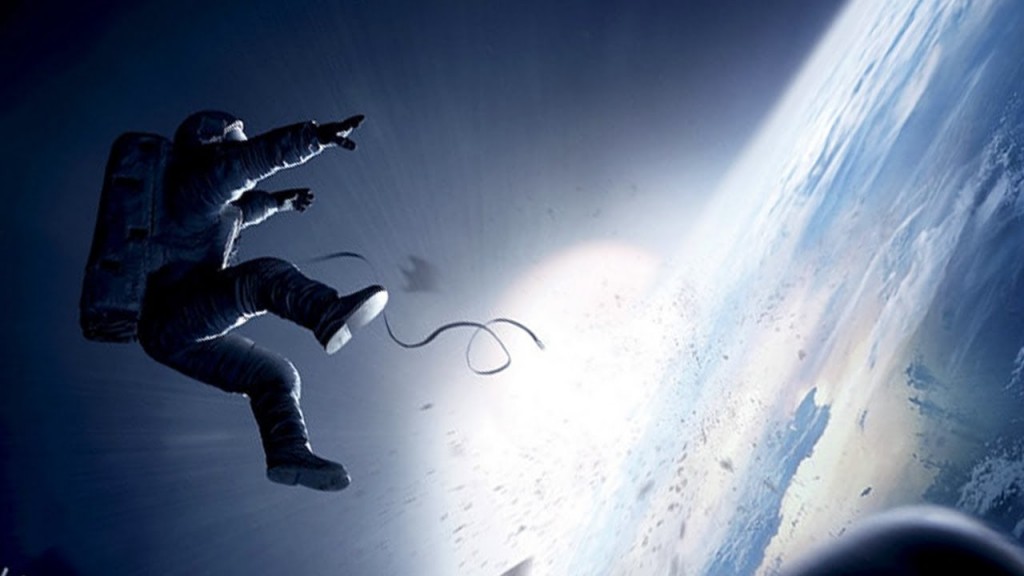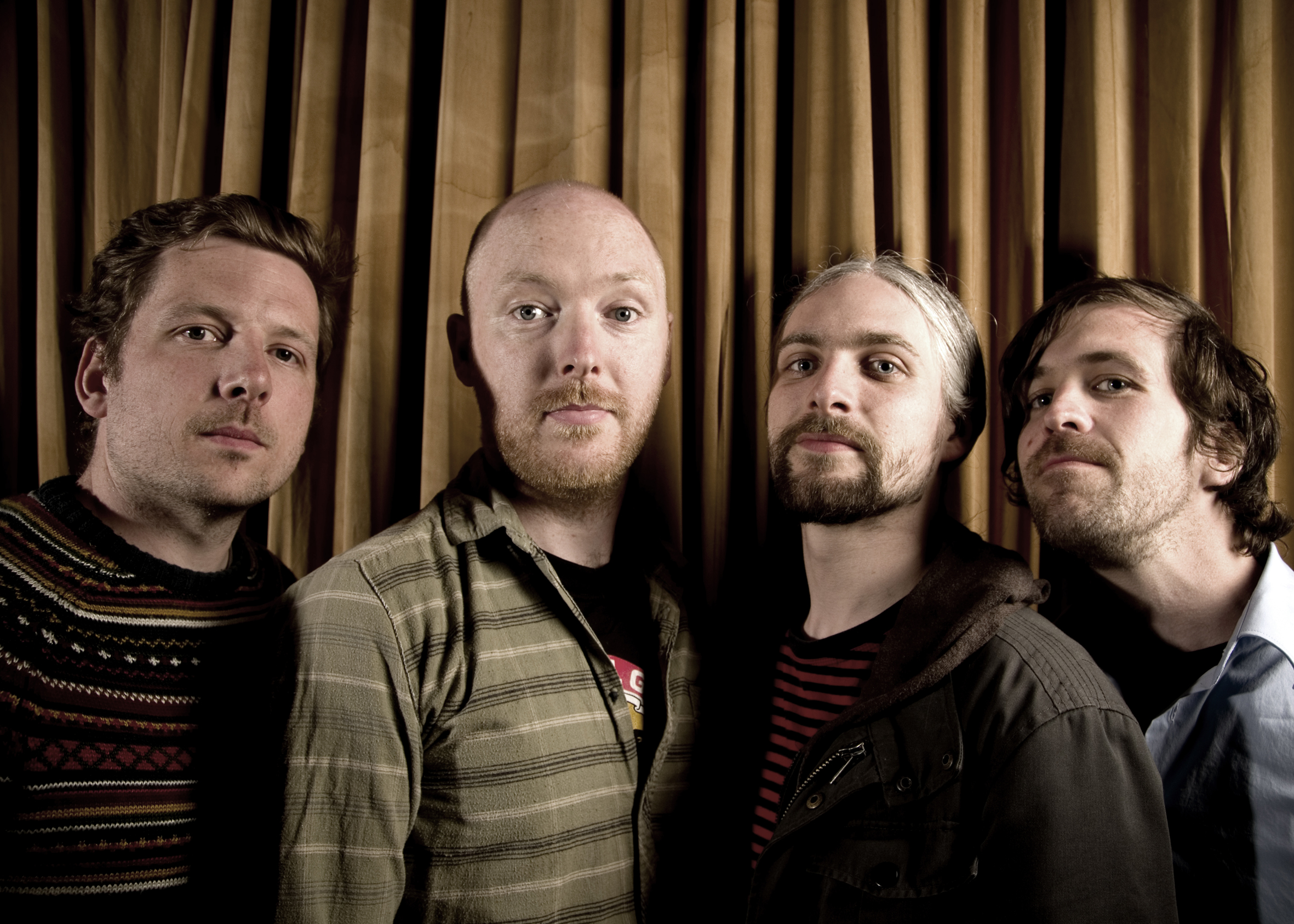
It’s been over six years since Alfonso Cuarón, director of Children Of Men and Y Tu Mamá Tambien, stepped behind the camera and this is truly a shame for contemporary. The man is inarguably one of the great visual filmmakers working today. His long, handheld shots with their ambition and scope genuinely inspire awe; this is a man who managed to take us through a concentration camp with gunfights, explosions and stairs without cutting. Cuarón’s friend, collaborator and equal, Guillermo Del Toro, observed a similar albeit shorter absence. Both came back in 2013. Del Toro’s Pacific Rim was a solid, well formed crowd pleaser that amounted to a nicer, less ethically troubling version of Transformers. Cuarón’s Gravity has planted its feet firmly in the top 10 for the year.
At its heart, Gravity is a very simple survival story; 127 Hours in Space if you will. It follows Sandra Bullock and George Clooney as two astronauts who, after a series of catastrophic events, are left floating in space with no communication and no chance of getting back to earth. That’s it. The film, narratively speaking anyway, doesn’t try to be more than this and it is right in doing so. The more convoluted the plot, the more we are removed from the situation. Bullock and Clooney are trapped in space and, as the film’s helpful and terrifying preamble informs us, there is no possibility of survival. Any extra plotting would be detrimental to the tension and the thematic resonance. The film urges you to carry on in the face of what you have lost in life, and if we lose that tension or any of our hopeless, then the whatever ending we get will feel cheap. Without the weight of plot convolution, the film is free to focus on its two strongest features: performance and visuals.
A survival story will die on its knees without a strong lead. If we’re to be trapped in a hellish environment with no chance of escape, then we’ll need a strong audience surrogate, a role which Bullock is more than happy to fill. While Clooney is good as the charismatic, experienced astronaut, it is Bullock who steals the show. She is the film’s emotional centre and, for large sections, carries the entire film. She portrays Ryan Stone as competent but not confident, as she should be. It is a shame that Bullock won her Oscar for The Blind Side several years ago, because in a just world this is the performance that should have garnered her her first Oscar. In a more just world though, this film will sweep the visual Oscars.
If the film does one thing well, it is that it conveys a single message in the most elegant manner possible: Ladies and gentlemen, we are floating in space. Space has not looked this good since 2001: A Space Odyssey. The mechanics of space have not been this well explored since Planetes. Simply put, the film is one of the best visual experiences of the past twenty years. The camera floats perfectly in every shot, always under control but never fully secure. In the background of every scene, you can see majesty and beauty. One particular sequence involving the aurora borealis left me pining for an few extra seconds of screentime. But it is in those long takes that we realise just how much of a tragedy Cuarón’s absence has been. The first shot is over fifteen minutes in length and makes Touch Of Evil look like a Michael Bay film. The film is stunningly beautiful and even, at several moments, jawdropping. Even the cancerous tumour on contemporary cinema known as Real D is used to excellent effect and along with Herzog’s Cave of Forgotten Dreams make an argument for the legitimacy of 3D.
Gravity is a film to be seen on the biggest screen imaginable. To view it on anything less would be a disservice. Do not watch this on television, a laptop, or worse your phone. You’re robbing yourself of one of the year’s best joys. Will Murphy





